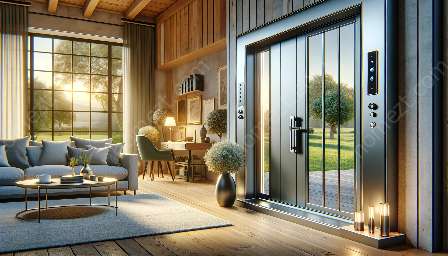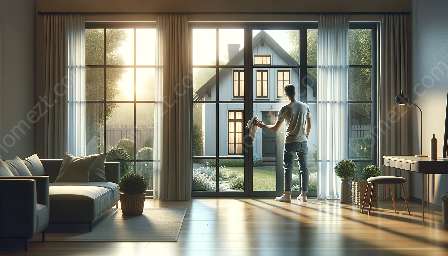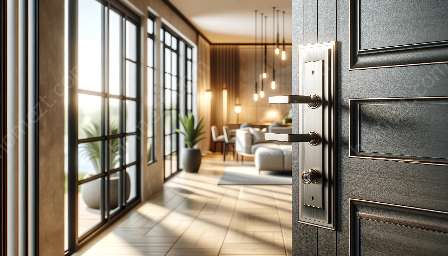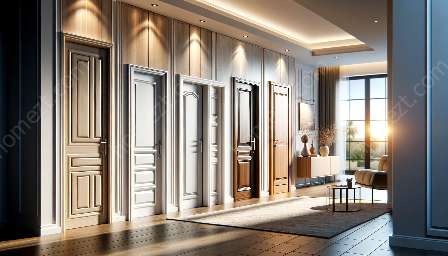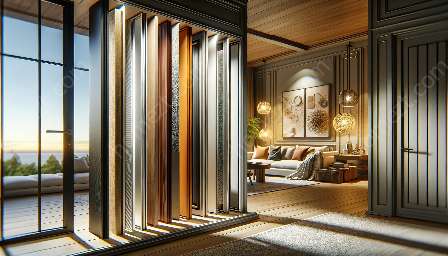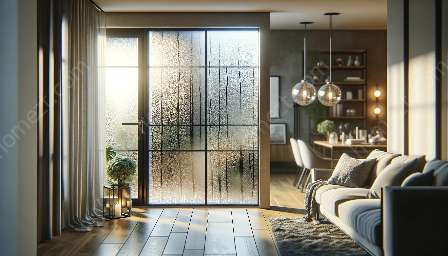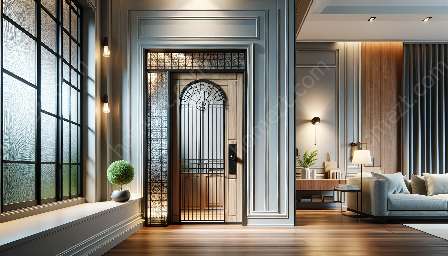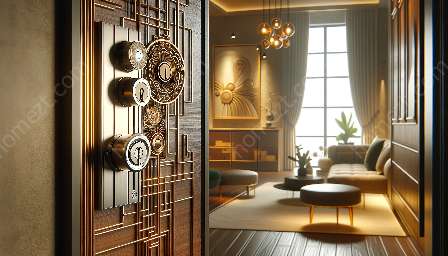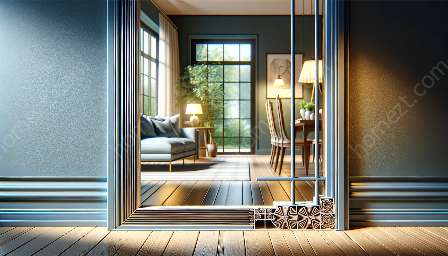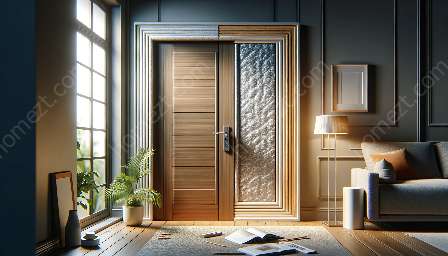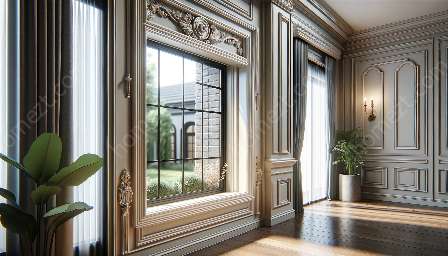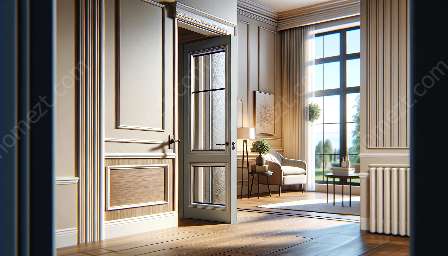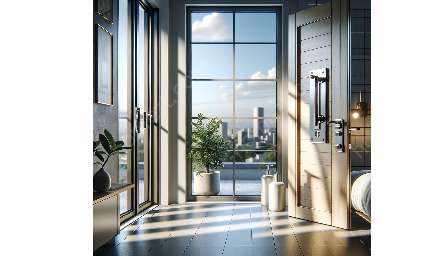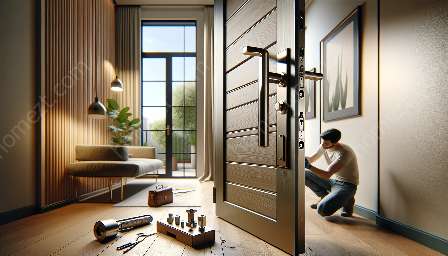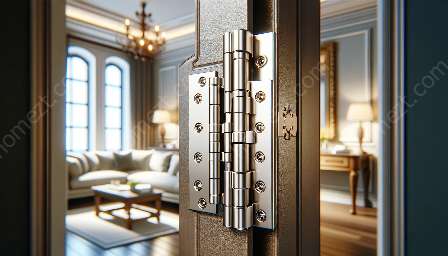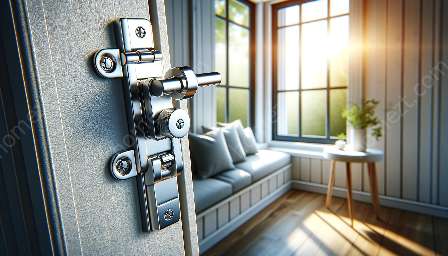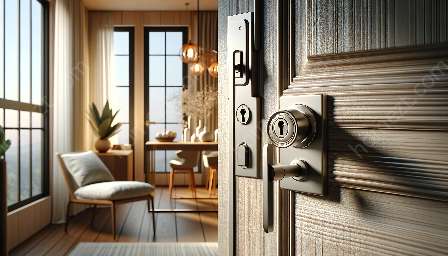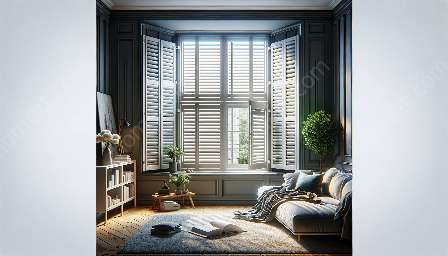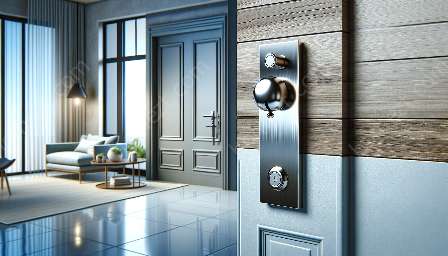Windows and doors play a crucial role in home improvement projects, not only enhancing the aesthetics but also improving functionality and energy efficiency. When it comes to windows, the choice of materials is a key consideration. The right window materials can have a significant impact on the overall appeal and performance of your home.
Choosing the Right Window Materials
There are various window materials available in the market, each with its unique set of advantages and considerations. Understanding the different options will help you make an informed decision for your home improvement project.
1. Vinyl
One of the most popular choices for window materials, vinyl offers durability, low maintenance, and excellent energy efficiency. It is also cost-effective, making it a practical option for homeowners looking to upgrade their windows while staying within budget.
2. Wood
Wood windows are known for their timeless appeal and natural beauty. They can add a classic touch to any home and are highly customizable. However, wood windows require more maintenance compared to other materials and may be more susceptible to moisture and termite damage.
3. Aluminum
Aluminum windows are lightweight, strong, and resistant to corrosion, making them an ideal choice for areas with harsh weather conditions. They are also relatively low maintenance and offer slim sightlines for a modern and sleek look.
4. Fiberglass
Fiberglass windows are gaining popularity due to their strength, durability, and thermal performance. They can be customized to mimic the look of traditional wood windows while offering better resistance to weather and temperature fluctuations.
5. Composite
Composite windows combine the advantages of different materials, such as wood, aluminum, and vinyl, to create a versatile and durable window option. They are resistant to rot, decay, and moisture, making them suitable for various climates.
Compatibility with Doors
When selecting window materials, it's essential to consider their compatibility with doors. Coordinating the materials and styles of windows and doors can create a cohesive and harmonious look for your home. For example, choosing the same material for both windows and doors can help maintain a consistent design aesthetic.
Furthermore, the functionality and performance of doors and windows should align, ensuring a seamless experience for homeowners. Whether you opt for vinyl, wood, aluminum, fiberglass, or composite, it's crucial to evaluate how these materials complement the existing or planned door installations in your home.
Enhancing Your Home's Aesthetic Appeal
Windows and doors are essential elements that contribute to the overall curb appeal of your home. By carefully selecting the right materials, you can enhance the visual appeal and architectural style of your property. Consider factors such as color, finish, and hardware options to create a cohesive and inviting exterior.
Additionally, energy-efficient window materials can contribute to a more sustainable and comfortable living environment. By choosing materials that offer superior insulation and thermal performance, you can reduce energy costs and minimize environmental impact.
Conclusion
Choosing the right window materials is a crucial decision that can significantly impact the outcome of your home improvement project. By understanding the characteristics and benefits of various materials and considering their compatibility with doors, you can make informed choices that enhance both the aesthetics and functionality of your home.














